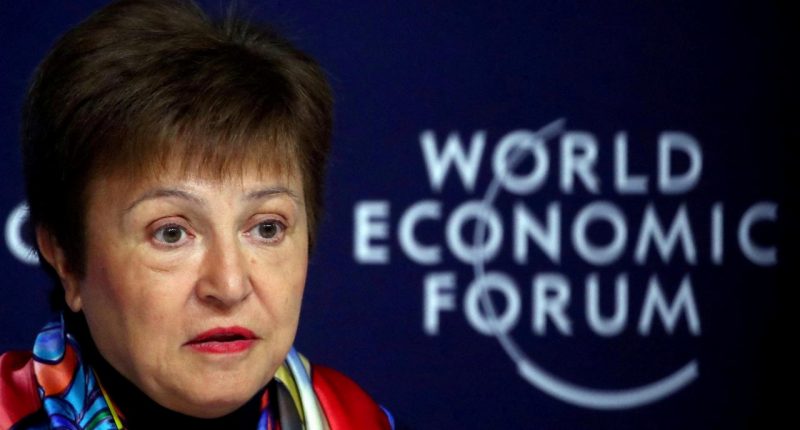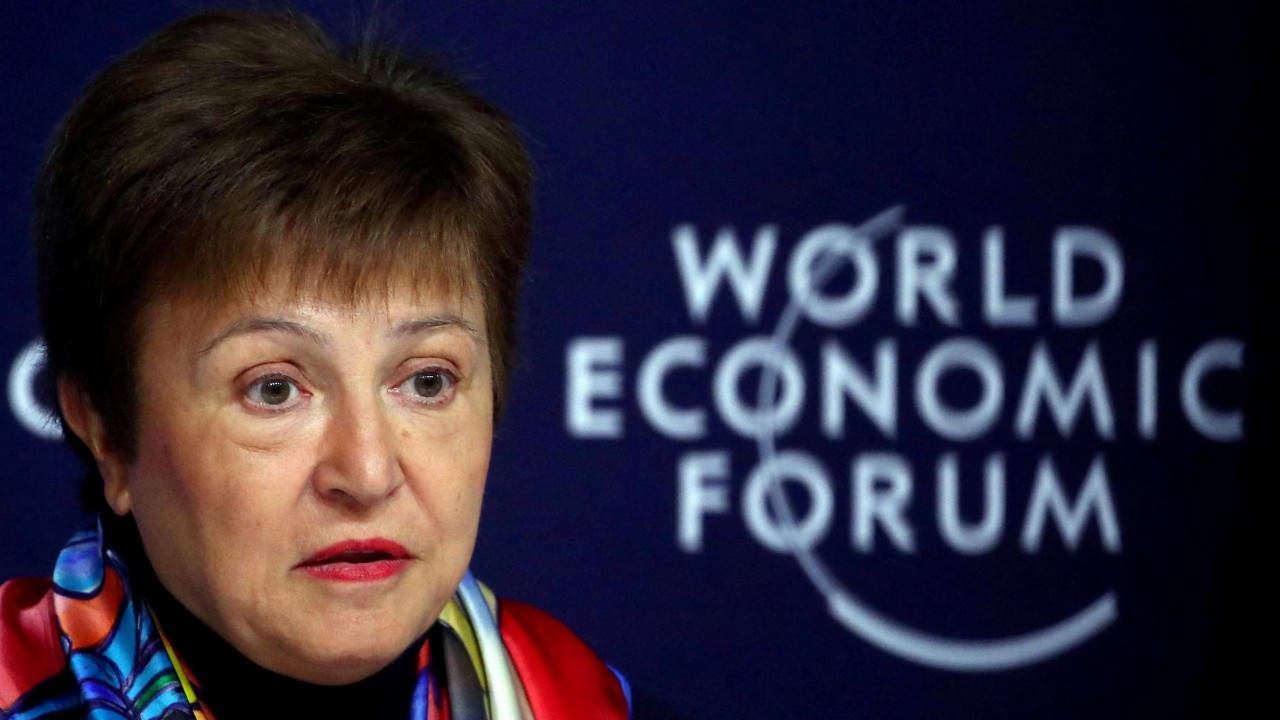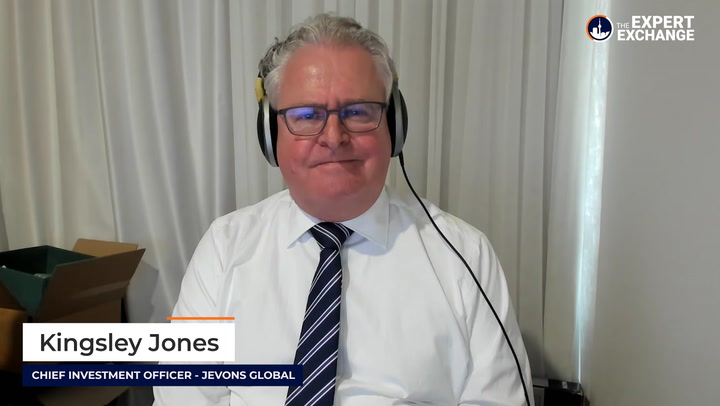- The head of the IMF weighs in on the global inflation discussion, claiming it’s still too early to say if rising inflation around the world will stick around
- IMF Managing Director Kristalina Georgieva says inflation has already risen higher and lasted longer than expected, but there’s still scope for things to improve over 2022
- The comments follow the organisation’s latest economic outlook update in which the IMF flagged a weaker-than-expected global economy at the start of 2022
- With the Omicron, high energy prices, geopolitical tensions between Russia and the West, and supply chain constraints, the global economy’s growth is expected to slow this year
- Keeping inflation in chat has subsequently become a core priority of central banks around the world
The head of the International Monetary Fund (IMF) has weighed in on the global inflation discussion, claiming it’s still too early to say if rising inflation around the world will stick around.
The comments from IMF Managing Director Kristalina Georgieva come just a week after the release of the organisation’s latest economic outlook update in which the IMF flagged a weaker-than-expected global economy at the start of 2022.
Ms Georgieva told reporters inflation had already lasted longer and risen higher than expected, largely thanks to supply chain disruptions, strong demand for goods, and climate shocks on food prices.
This is not to mention boiling political tensions between Russia and the United States — along with much of the West — over a feared invasion of Ukraine.
When asked if all these global issues could result in sustained inflation, Ms Georgieva said there was still too much at play to make a reliable forecast.
“The short answer is, it is too early to say,” she said.
“What we can anticipate is a more shock-prone world.”
Inflation has been a major concern for central banks around the world — reigning it back to an acceptable level for some countries, and mitigating a long-term rise for others.
The United States Federal Reserve, for example, was caught out by ongoing high levels of inflation that it admits it first misdiagnosed as “transitory”. Monetary policy in the States has, as a result, been largely driven by efforts to bring inflation back to the central bank’s target rate.
In Australia, on the other hand, inflation has not risen quite as quickly as it has in other countries — but the fear of inflation remains. As such, the Reserva Bank of Australia (RBA) is shaping its own monetary policy decisions around getting on top of inflation before it has a chance to get out of hand.
The IMF’s economic outlook report from January said renewed COVID restrictions as Omicron spreads, rising energy prices, and supply chain constraints have brought about a weaker global economy in the early days of 2022 than initially expected.
The report said global growth was expected to moderate from 5.9 per cent in 2021 to 4.4 per cent in 2022 — half a percentage point lower than the IMF’s October outlook.
Similarly, the IMF said it was now expecting inflation to persist for longer than envisioned in the October outlook. At this stage, the fund said, there’s still scope for inflation to diminish over the course of the year.
“Assuming inflation expectations stay well-anchored, inflation should gradually decrease as supply-demand imbalances wane in 2022 and monetary policy in major economies responds,” the report said.
The IMF said the pandemic continued to maintain its grip on the global economy, with vaccines, tests. and treatment developments “crucial” to reducing the risk of another dangerous COVID-19 mutation.
“Monetary policy in many countries will need to continue on a tightening path to curb inflation pressures, while fiscal policy — operating with more limited space than earlier in the pandemic — will need to prioritize health and social spending while focusing support on the worst affected,” the IMF said.








